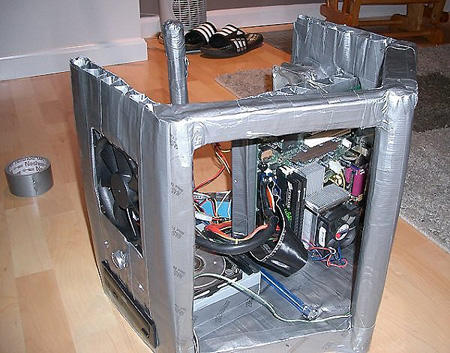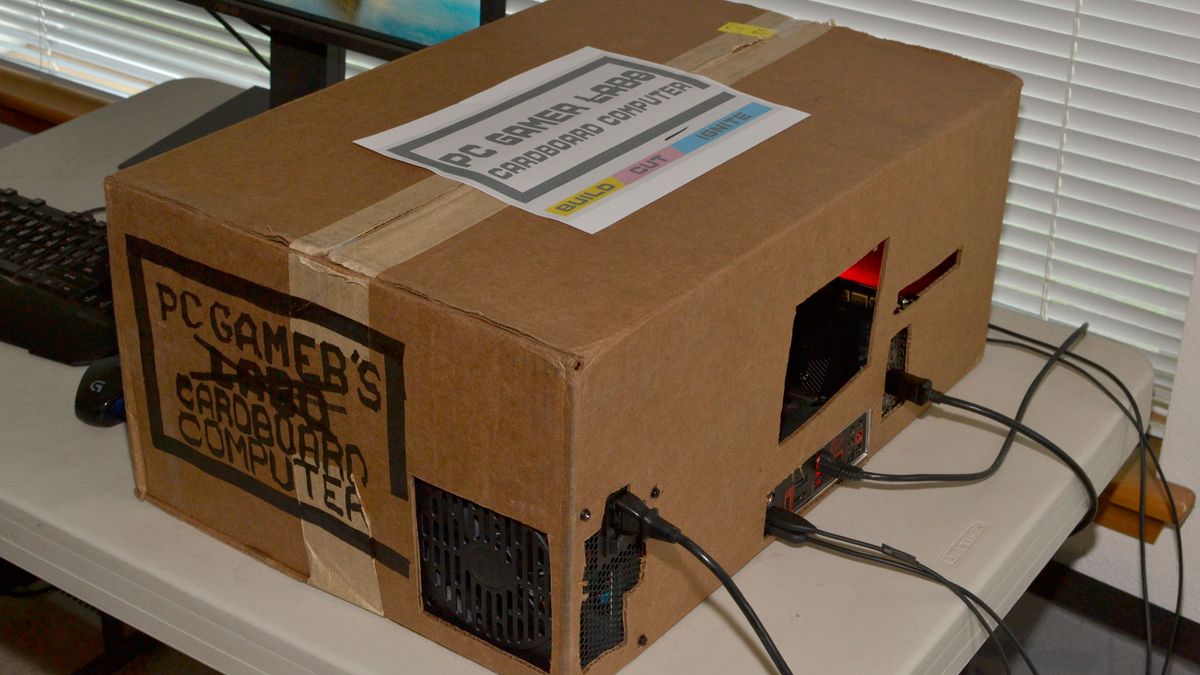- Joined
- Mar 1, 2021
- Messages
- 122 (0.08/day)
| Processor | R7 7800X3D |
|---|---|
| Motherboard | MSI B650 Tomahawk |
| Memory | 2x32GB 6000CL30 |
| Video Card(s) | RTX 4080 Super |
| Case | Lian Li O11 Air Mini |
| Power Supply | Corsair RM1000x |
When i was building my PC i was on a budget and i had to cut corners somewhere, so i did it with PSU and the case. Initially the case was absolutely horrid, but i removed the glass front panel and now the 3pin fans are blasting at full speed i just have to clean it more often.
The bad part comes with this 720W PSU, its non modular, claims 85-89% efficiency on the spec sheet yet it doesnt have 80+ certification at all (honestly a giant red flag), has ketchup and mustard cables, but it was around 40€ and it had decent reviews on amazon so i went for it. Fast forward to couple of weeks ago there was a very quick blackout in my town (lasted under 1 second) and my PC actually restarted instead of just powering off, this seemed odd and im not even sure if its PSU's fault. Other than that i didnt have any other issues with it, even when PC was on full load for many hours.
Now i saved up some money and i was thinking of upgrading my used RX 580 to something like 6700XT or 3060 ti and also my current PSU's 12V rail seems to be fully capable of powering a 200-230W GPU

but the last thing i want is installing a shiny new GPU and seeing crackle/smoke when i turn it on. Should i get a quality PSU first (if so i would appriciate some recommendations) and delay the GPU upgrade or am i just being paranoid? And yes i know that a higher efficiency PSU will pay itself in electricity bills in year or two.
An alternative option is maybe even getting like a 1200VA UPS to improve power stability and i heard those things can help iron out the power delivery.
Edit: i just remember that it came with a shitty power cable that had slightly shorter plug which wouldnt go all the way in and it sometimes made crackly/static noises, and when i would slightly move my PC to left or right sometimes it would shut it down, i replaced the cable early on tho.
The bad part comes with this 720W PSU, its non modular, claims 85-89% efficiency on the spec sheet yet it doesnt have 80+ certification at all (honestly a giant red flag), has ketchup and mustard cables, but it was around 40€ and it had decent reviews on amazon so i went for it. Fast forward to couple of weeks ago there was a very quick blackout in my town (lasted under 1 second) and my PC actually restarted instead of just powering off, this seemed odd and im not even sure if its PSU's fault. Other than that i didnt have any other issues with it, even when PC was on full load for many hours.
Now i saved up some money and i was thinking of upgrading my used RX 580 to something like 6700XT or 3060 ti and also my current PSU's 12V rail seems to be fully capable of powering a 200-230W GPU
but the last thing i want is installing a shiny new GPU and seeing crackle/smoke when i turn it on. Should i get a quality PSU first (if so i would appriciate some recommendations) and delay the GPU upgrade or am i just being paranoid? And yes i know that a higher efficiency PSU will pay itself in electricity bills in year or two.
An alternative option is maybe even getting like a 1200VA UPS to improve power stability and i heard those things can help iron out the power delivery.
Edit: i just remember that it came with a shitty power cable that had slightly shorter plug which wouldnt go all the way in and it sometimes made crackly/static noises, and when i would slightly move my PC to left or right sometimes it would shut it down, i replaced the cable early on tho.
Last edited:






